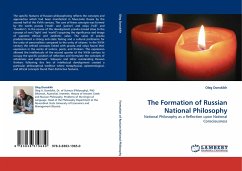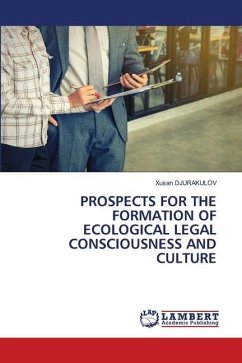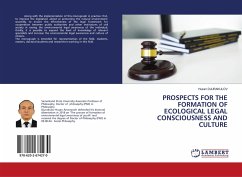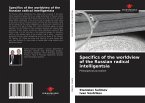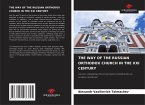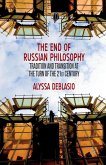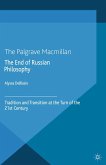The specific features of Russian philosophizing reflects the concepts and approaches which had been manifested in Muscovite Russia by the second half of the XVIth century. The core of these concepts was formed by the words pravda ( truth and justice ) and volya ( will and freedom ). In the course of this development pravda moved close to the concept of svet ( light and world ) acquiring the significance and image of supreme ethical and aesthetic value. The value of pravda predetermined a strong anti-state feeling and a cultural preference for the unity of personalities compared to the unity of citizens. In the XIXth century the refined concepts linked with pravda and volya found their expression in the works of writers, poets, and thinkers. This expression allowed the intellectuals of the second quarter of the XIXth century to occupy the specific position of reflection and formulate the concepts of wholeness and sobornost . Solovyov and other outstanding Russian thinkers following this line of intellectual development created a particular philosophical tradition where metaphysical, epistemological, and ethical concepts found their distinctive features.
Bitte wählen Sie Ihr Anliegen aus.
Rechnungen
Retourenschein anfordern
Bestellstatus
Storno

